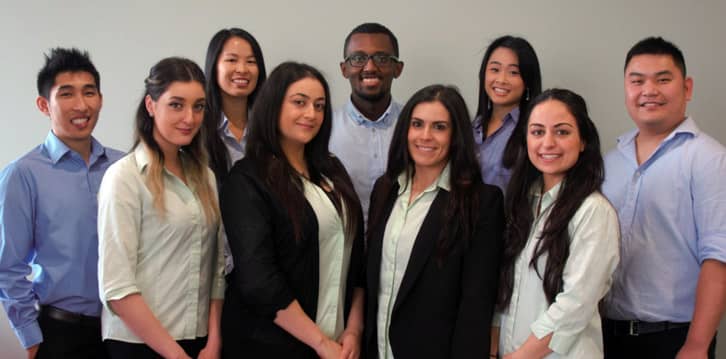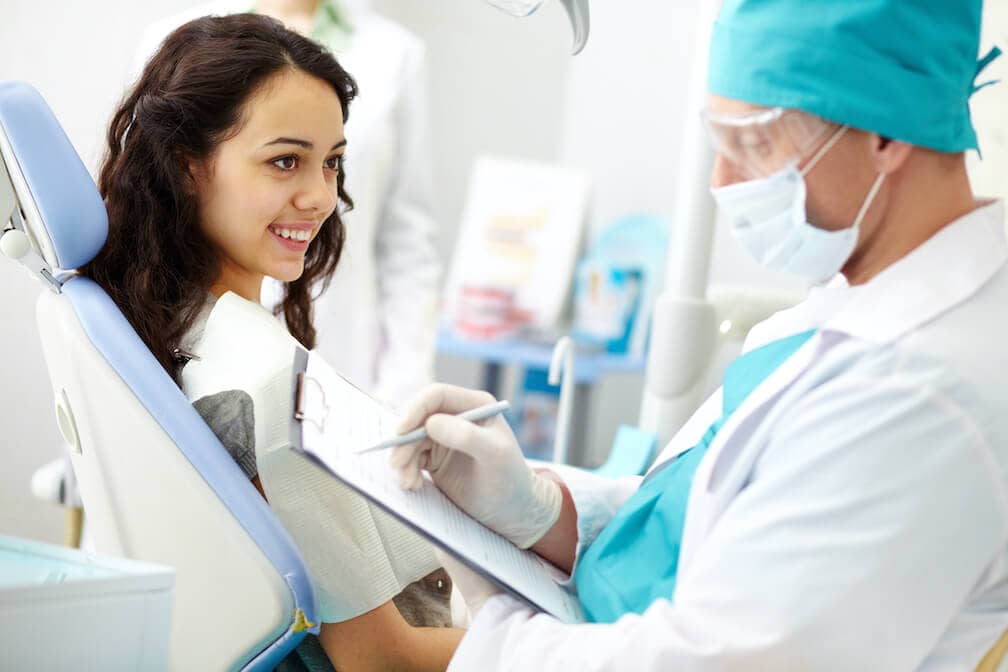Being told that you need to have one, two or even all of your wisdom teeth out is a scary thought for most people. In this post we are going to take a look at what you need to know before, during, and after a wisdom teeth removal procedure.
Pre-procedure preparation
Your dentist or oral surgeon will want to know about any medication you are on, or any other health issues that you have. They will also discuss what kind of anaesthetic will work best for your situation.
If it is a simple extraction, a local anaesthetic may be suitable, but more complicated extractions or multiple wisdom teeth require a general anaesthetic or IV sedation. You’ll want someone to take you home as you shouldn’t drive after these medications, and you’ll be advised not to eat or drink before.
What to expect during the procedure
Once your dentist or oral surgeon has administered the anaesthetic and you are comfortably numb, sedated or asleep, the extraction process will begin. You will have been notified if your gums and bone will need to be moved out of the way to get the wisdom teeth out, or if the dentist is able to do a simple extraction. Sometimes, your gums may need to be stitched up afterwards and have some gauze pads placed over to soak up any blood.
What to expect after the procedure
You can expect to have some pain especially when the anaesthetic wears off. Don’t worry though, as this can be managed with some pain relief medication and by using an ice pack on your face.
You probably won’t feel like doing much the rest of the day, so plan to do nothing but rest, especially if you’ve had IV sedation or general anaesthetic.
How to care for the extraction site
There will be likely be some bleeding after your procedure, but you shouldn’t rinse your mouth out for at least 24 hours. This means no brushing your teeth either – the only time your oral health therapist will be ok with this!
After 24 hours has passed, you’ll be able to start brushing your teeth again carefully. You will also need to rinse your mouth out with warm saltwater every few hours for about a week.
What to eat and drink
Keeping well-hydrated after your procedure will help with the healing process. You’ll want to avoid any hard or chewy foods and stick to soft products like yoghurt or mashed potato for the first 24 hours.
Are there any risks or complications?
The chances of any complications happening are very slim, but it’s still good to be aware of what the risks are:
- You can get an infection in the socket
- Nearby nerves or teeth could become damaged
- The surgical blood clot can disappear leaving you with a dry socket. Avoid any kind of sucking action or excessive spitting to stop this from happening.
Your dental team will want to see you for a follow-up appointment, especially if the procedure was not a simple extraction.
Worried you may need your wisdom teeth out?
Our team of oral health therapists and dentists at Coburg Hill Oral Care know what a nerve-racking time getting your wisdom teeth out can be. Our dental practice also has the option to offer oral sedation (“happy gas”), which can make it more comfortable for you. We aim to make it as smooth and painless as possible, so make an appointment with us today by calling (03) 9041 5301.





